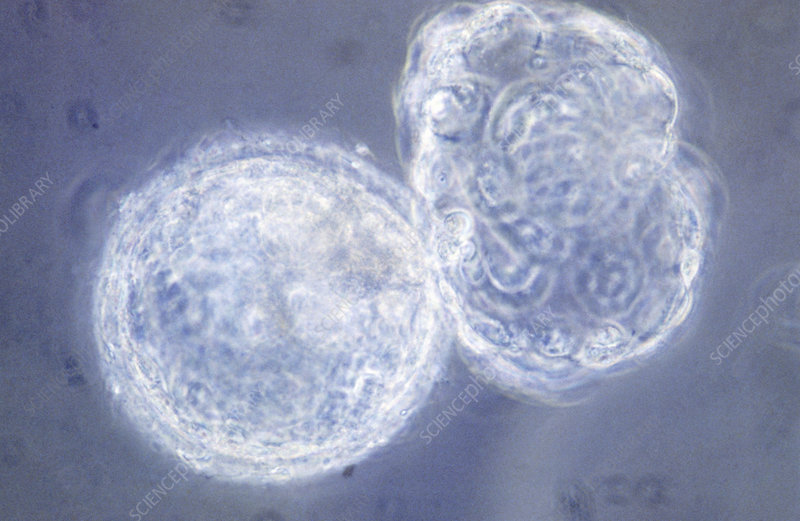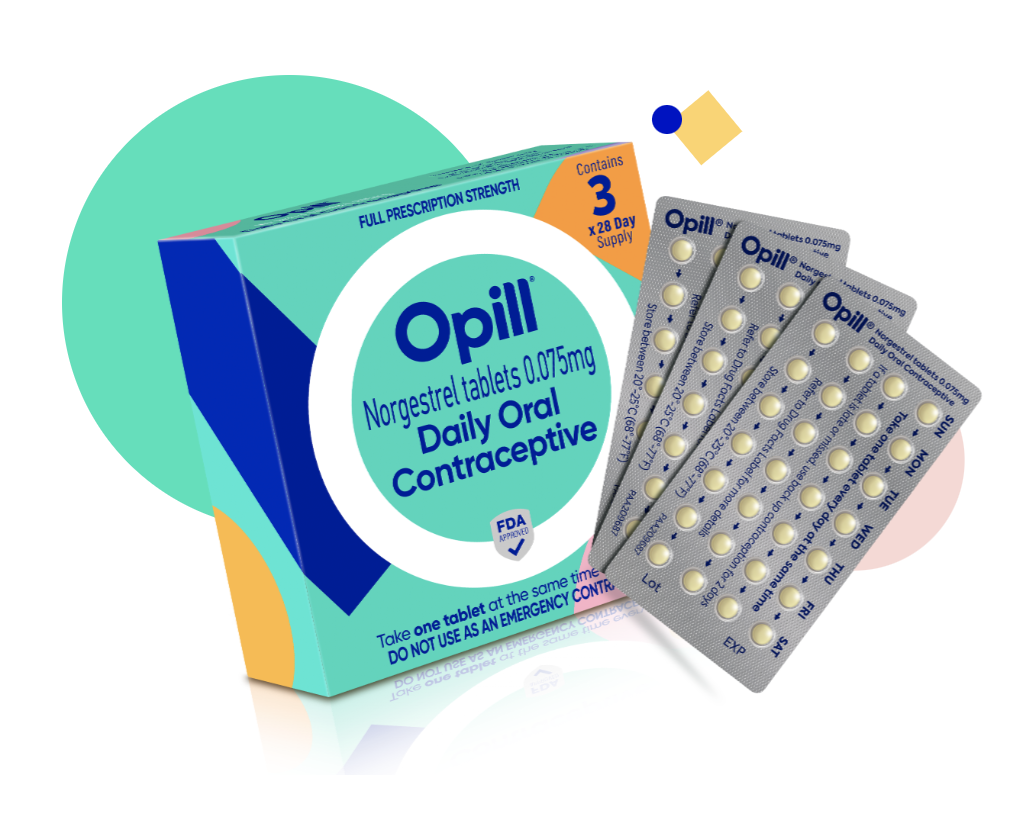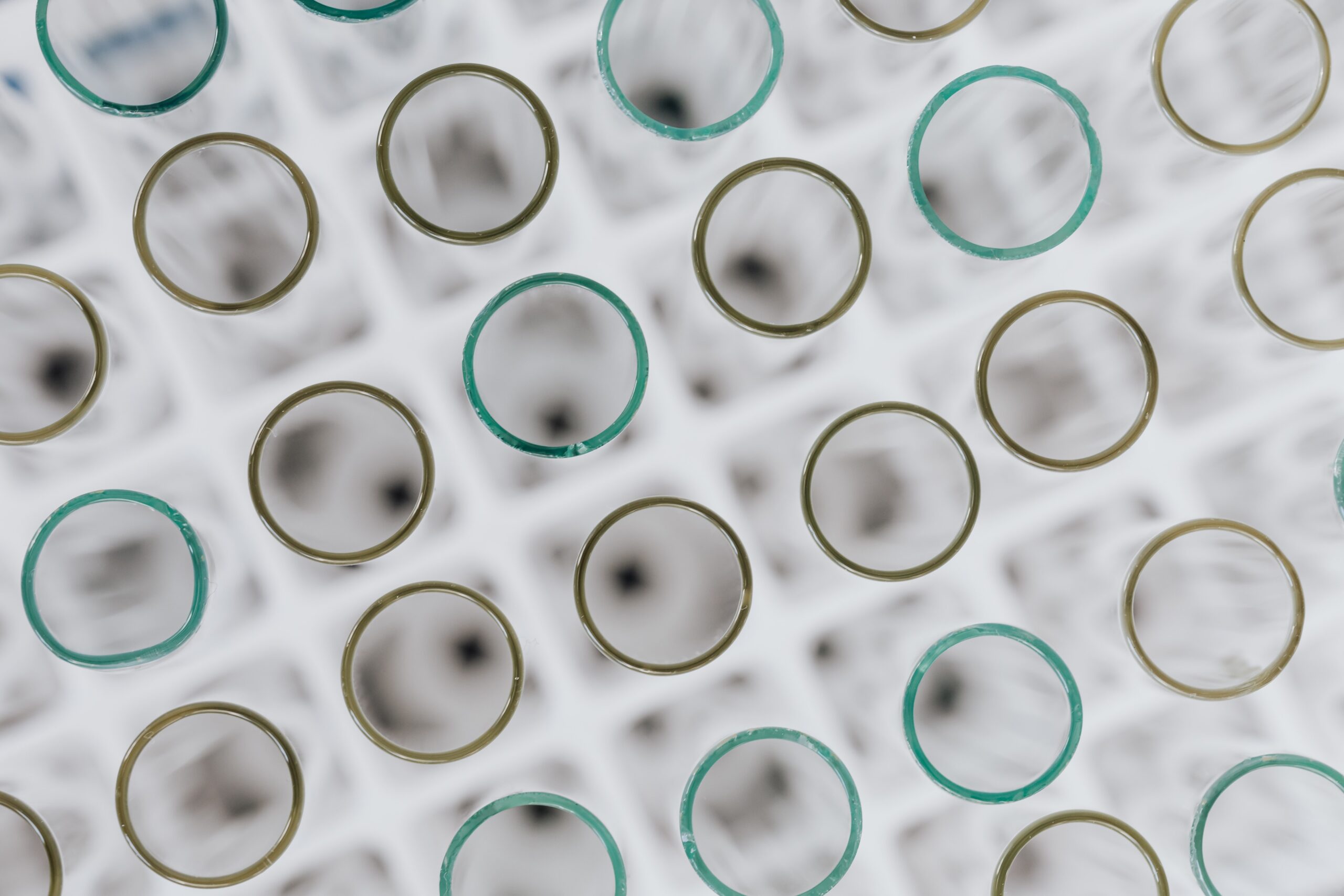
Melatonin is a natural hormone made by the pineal gland. It helps regulate your circadian rhythm and supports healthy sleep/wake cycles. Melatonin is also an antioxidant that supports your cells’ health. During the night, your body produces and releases more melatonin than it does during the rest of the day. Artificial light from your computer, tablet, television, or phone can reduce melatonin production in your body. When light disrupts the creation of melatonin, it can warp your body’s internal clock, which may affect your sleep patterns. Research suggests that healthy levels of melatonin may help support fertility and healthy pregnancy for certain women. In addition to supporting restful sleep, melatonin also displays powerful antioxidant activity.
How Melatonin Supports Restful Sleep

Your body’s sleep patterns are regulated by something called your circadian rhythm, which is essentially an internal clock that tells your body when it’s time to sleep and when it’s time to wake up. The production of melatonin in your body rises and falls throughout the day in a regular pattern; during the night, your body produces and releases more melatonin than it does during the daytime hours.
Light plays a big role in regulating your circadian rhythm and, as a result, how well you sleep at night. Sunlight exposure during the day suppresses the production of melatonin in your body; conversely, darkness encourages its production. That’s why it’s important to avoid artificial light—from electronic screens like computers, tablets, televisions, and phones—in the few hours before you go to bed; the blue light emitted by these screens can reduce melatonin production in your body and make it harder to fall asleep at night.
How Melatonin Supports Fertility & Healthy Pregnancy

Healthy levels of melatonin may play a role in supporting fertility and early pregnancy for some women. One study found that women with higher levels of melatonin were more likely to conceive than those with lower levels. Additionally, another study found that supplementation with melatonin improved pregnancy rates in women undergoing in vitro fertilization (IVF). While further research is needed to confirm these findings, there is evidence that suggests that healthy levels of melatonin may support fertility and early pregnancy for certain women.
The Powerful Antioxidant Activity of Melatonin

In addition to supporting restful sleep and potentially fertility, melatonin also displays powerful antioxidant activity. Antioxidants are like guardians for our cells; they scavenge harmful molecules known as free radicals that can damage cells and lead to inflammation. Free radical damage has been linked to many chronic diseases, including heart disease and cancer. By scavenging free radicals and protecting cells from damage, antioxidants help keep our bodies healthy.
A few trusted melatonin options

If you are going to be taking melatonin longterm for fertility consider taking a lower dose from a reputable company.
Conclusion:
Melatonin is a hormone produced naturally by the pineal gland with many benefits for women related to sleep, fertility , and antioxidant activity. If you are childbearing age or experiencing difficulties sleeping due to wacky circadian rhythms, consider taking a supplement! As always consult with physician prior to beginning any new supplement regime. Thanks for reading :).








Read the Comments +